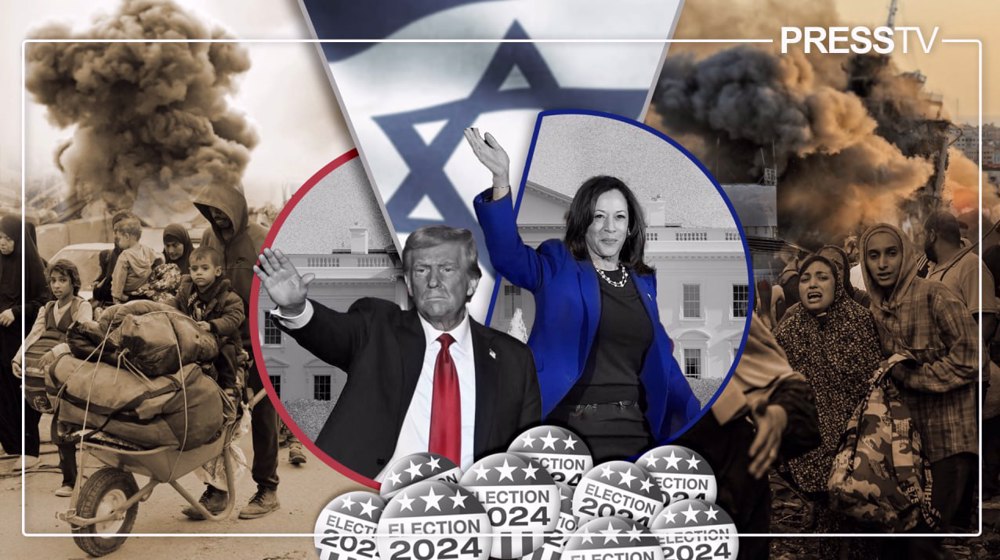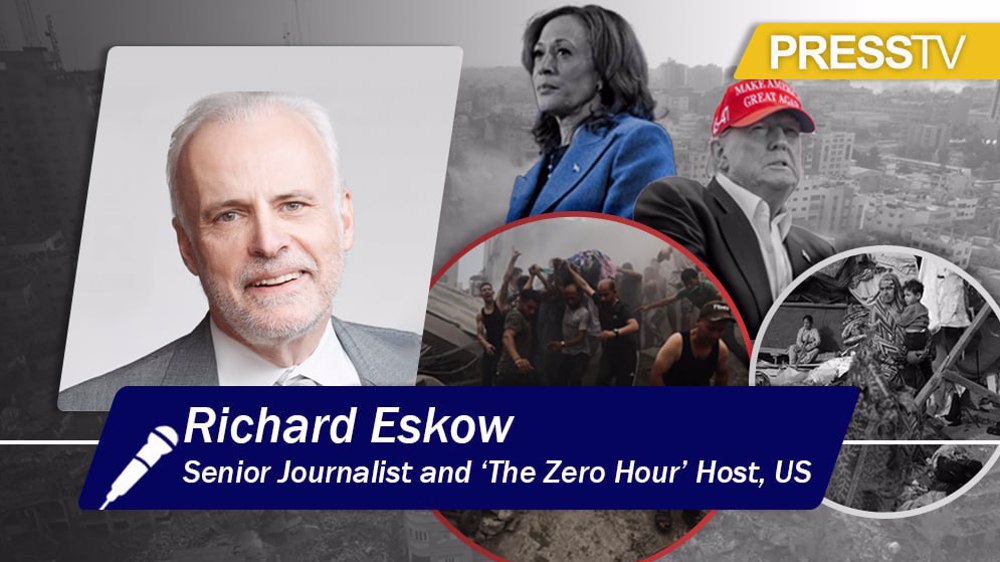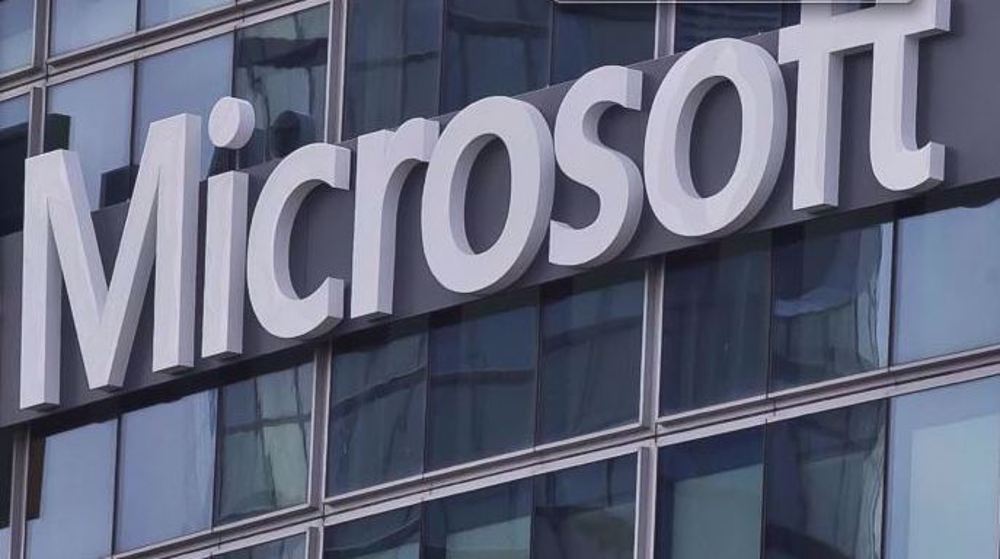US mulls midrange missile deployment in Asia to counter China
The United States is reportedly seeking to mobilize support from its Asian allies to deploy medium-range missiles in their countries to counter what it calls the "immediate threat" of China's nuclear arsenal.
Washington intends to "engage in talks with our friends and allies in Asia over the immediate threat that the Chinese nuclear buildup poses, not just to the United States but to them, and the kinds of capabilities that we will need to defend the alliance in the future," Marshall Billingslea, the US special presidential envoy for arms control, said in an interview with Japan's largest financial daily — the Nikkei.
Billingslea said the mid-range, non-nuclear and ground-launched cruise missile was under development in the US, and that work on the missile began in August 2019 after Washington had pulled out of the Intermediate-Range Nuclear (INF) Forces Treaty with Russia, which banned such weapons.
The weapon is "exactly the kind of defensive capability that countries such as Japan will want and will need for the future," he added.
The new missile is said to have a range of 1,000 kilometres, meaning that it would need to be deployed somewhere in Asia to be able to reach China as a potential countermeasure.
Billingslea also underlined in his interview that multiple branches of the US military are developing hypersonic weapons, which travel at five times the speed of sound and pose problems for traditional missile-defense systems.
Hypersonic weapons in the Asia-Pacific region “will ensure that our allies and our friends and our partners are protected and that China cannot engage in military blackmail, as it tries to redraw boundaries and authorities," Billingslea said.
Billingslea, who is involved in developing security policy under President Donald Trump, is known to have hawkish views on China and serves as the US point man on negotiations with Russia toward a new nuclear treaty.
The US has been calling on China to join negotiations to extend a flagship nuclear arms treaty between Washington and Moscow that is due to expire in February next year.
Trump has threatened in the past that he would not sign off on any agreement without China being a part of it.
China has refused to participate in the US-Russia talks, but says it will take part in international nuclear disarmament efforts in general.
The negotiations in question were on the replacement of New START, a nuclear arms treaty between the US and Russia that has nothing to do with China.
By inviting China and anticipating its refusal to participate, Washington had been planning to portray Beijing as reluctant to take part in any arms control treaty.
Approximately 91 percent of all nuclear warheads are owned by the United States and Russia, each having around 4,000 in their military stockpiles.
It is estimated that China has a stockpile of around 320 nuclear warheads.
Nov. 4: ‘Axis of Resistance’ operations against Israeli occupation
Britons demand release of pro-Palestine activists
VIDEO | Israel's unwinnable war in Lebanon
Non-aligned nations condemn Israeli violation of Iran's sovereignty
IRGC: 10 foreign-backed terrorists killed, arrested in Sistan and Baluchestan
Iran calls on EU to end targeting ordinary Iranians after missile transfer claims refuted
UK police detain Jewish scholar Haim Bresheeth following pro-Palestine address
VIDEO | Iraqi resistance strikes key Israeli targets in occupied territories












 This makes it easy to access the Press TV website
This makes it easy to access the Press TV website